行業(yè)資訊
冷再生機(jī)路面養(yǎng)護(hù)中的接縫問題該怎么處理?
來源:http://www.beianedu.cn/ 日期:2020-10-07
冷再生機(jī)在運(yùn)行作業(yè)過程中,因?yàn)槔湓偕鞯年P(guān)閉而引起的接縫問題,如何處理?
How to deal with the seam problem caused by the closing of the cold regenerator during the operation of the cold regenerator?
每次泊車,即使只需要幾分鐘就可以更換罐車,也會對整個接縫處收回材料的均勻性形成嚴(yán)重影響。因而,在施工中應(yīng)盡量削減停工。在不可避免的情況下,應(yīng)細(xì)心處理形成的橫向接縫。
Even if it takes only a few minutes to replace the tank car at each parking, it will seriously affect the uniformity of the recovered material at the entire joint. Therefore, the shutdown should be reduced as much as possible in the construction. In unavoidable cases, the formed transverse joints shall be carefully treated.
1.當(dāng)臨時停工后重新開工時,整個再生裝置應(yīng)后退1.5-2米至再生材料,以確保所有材料在開工后得到處理。
1. In case of restart after temporary shutdown, the whole regeneration unit shall be retreated 1.5-2 m to recycled materials to ensure that all materials are treated after start-up.
2.一個工段應(yīng)預(yù)留4-6米的實(shí)時壓路,下一工段不碾壓。
2. A 4-6m real-time road roller shall be reserved for one section, and the next section shall not be rolled.
3.當(dāng)冷再生租賃后開始工作時,應(yīng)將轉(zhuǎn)子切割到再生層的底部,以破壞再生材料。前進(jìn)速度為0,使松散再生料混合不均勻。因此,人工翻身后必須對坑進(jìn)行平整。
3. When the cold regeneration starts to work after leasing, the rotor should be cut to the bottom of the regeneration layer to destroy the recycled material. When the forward speed is 0, the loose recycled materials are mixed unevenly. Therefore, the pit must be leveled after turning over manually.
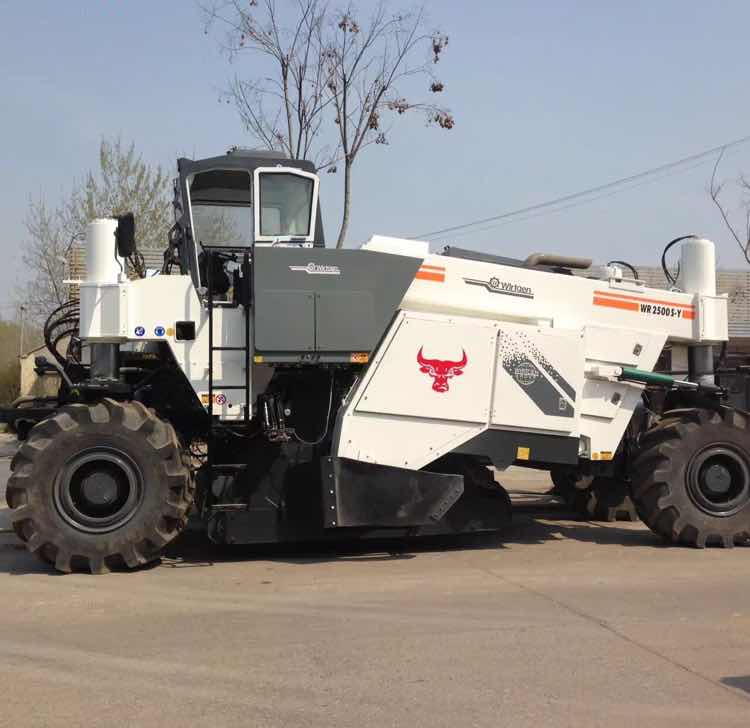

再生層穩(wěn)定后,再生料基本處于穩(wěn)定狀態(tài),但不能完全消除再生機(jī)輪軌。此時輪距深度約為0.5-1厘米。
After the regeneration layer is stable, the recycled material is basically in a stable state, but the wheel rail of the regenerator can not be completely eliminated. The track depth is about 0.5-1 cm.
當(dāng)兩段再生完成且全部穩(wěn)定后,用平地機(jī)進(jìn)行平整。初次調(diào)平的目的是消除一和二塊右側(cè)的三排輪軌。二次平整主要是在刮料機(jī)前均勻攤鋪再生料,同時考慮再生層的水平和垂直坡度。然后對整個作業(yè)段進(jìn)行平整。
After the two-stage regeneration is completed and all are stable, the grader is used for leveling. The purpose of the initial leveling is to eliminate the three rows of wheel tracks on the right side of the first and second blocks. The secondary leveling is mainly to evenly spread the recycled materials in front of the scraper, and consider the horizontal and vertical slope of the recycled layer. Then the whole operation section is leveled.
再生機(jī)的工作寬度一般小于再生路面的工作寬度。因此,整個道路的再生需要多次操作,導(dǎo)致幾個相鄰工作面之間出現(xiàn)縱向接縫。
The working width of the regenerator is generally smaller than that of the recycled pavement. Therefore, the regeneration of the entire road requires multiple operations, resulting in longitudinal joints between several adjacent working faces.
一般來說,相鄰工作面之間的較小重疊為10cm,以確??v向接縫處回收材料的連續(xù)性,同時避免相鄰工作面之間存在不回收的夾帶。
Generally speaking, the small overlap between adjacent working faces is 10cm to ensure the continuity of recycled materials at the longitudinal joints, and to avoid the entrainment between adjacent working faces that are not recycled.


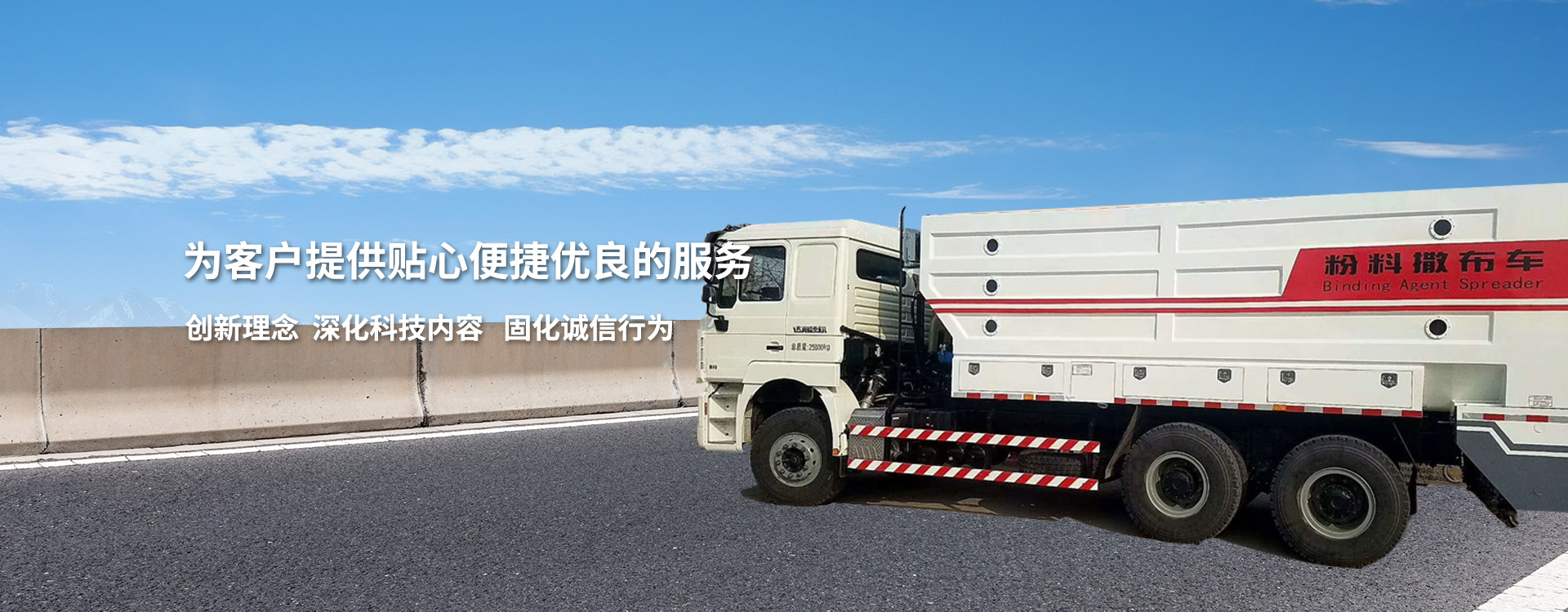
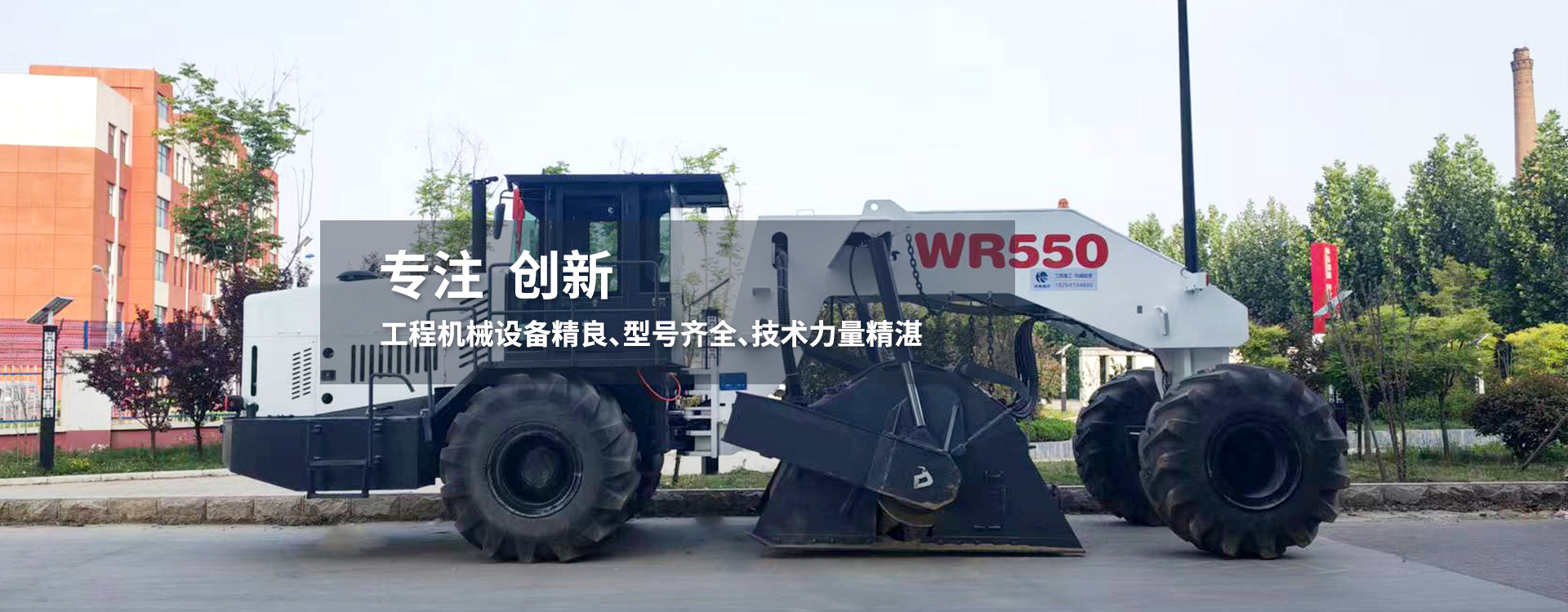
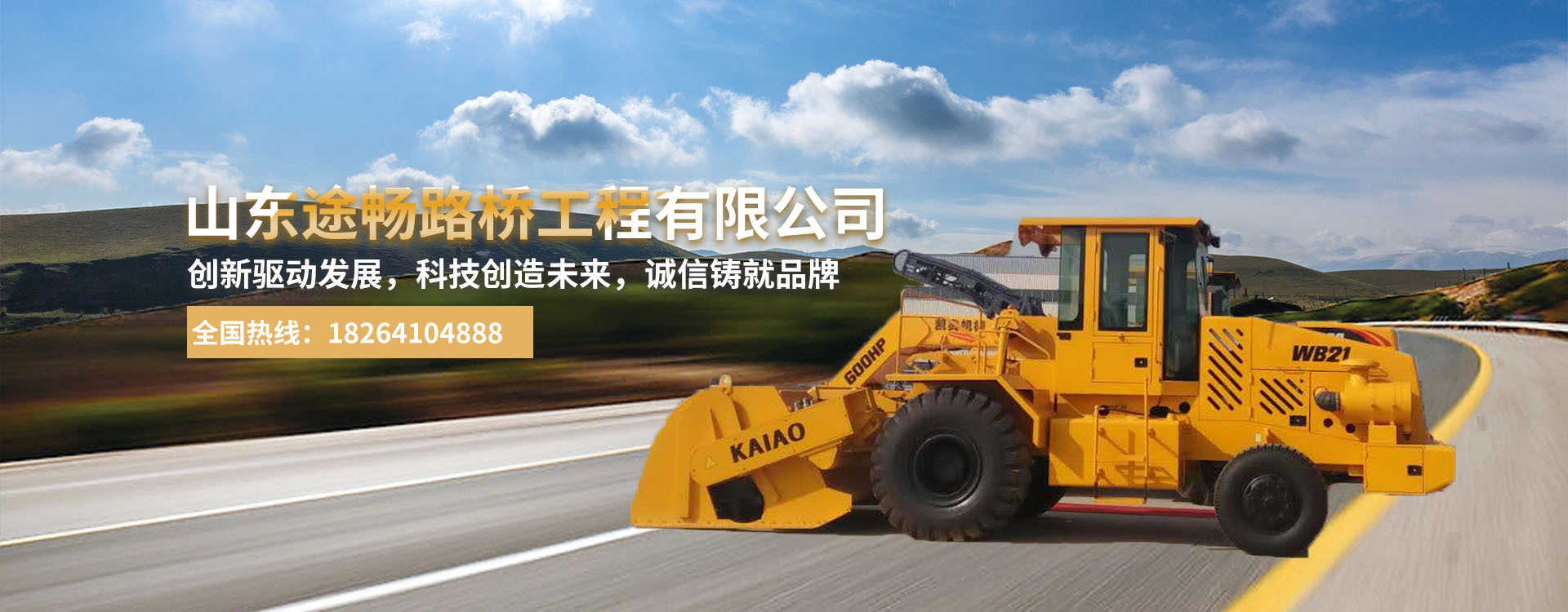
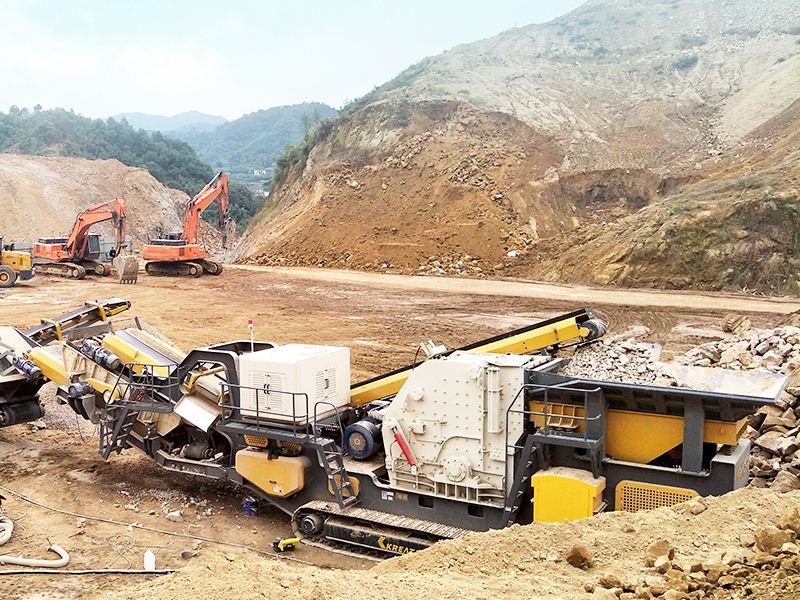
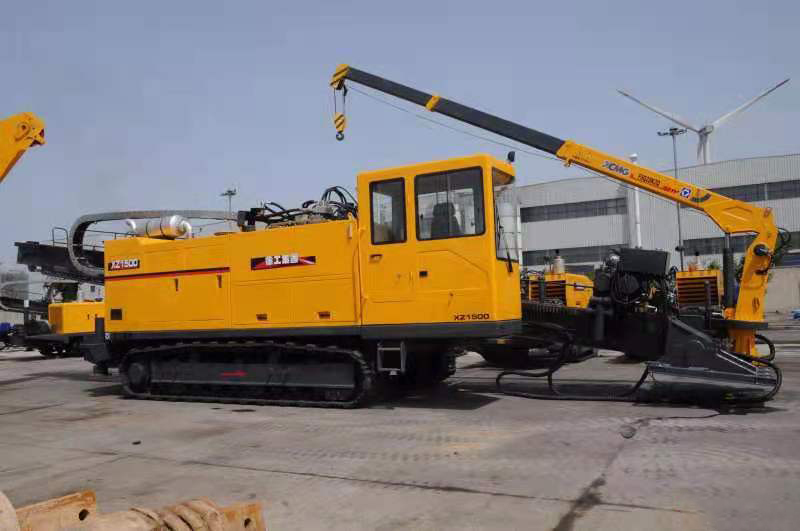
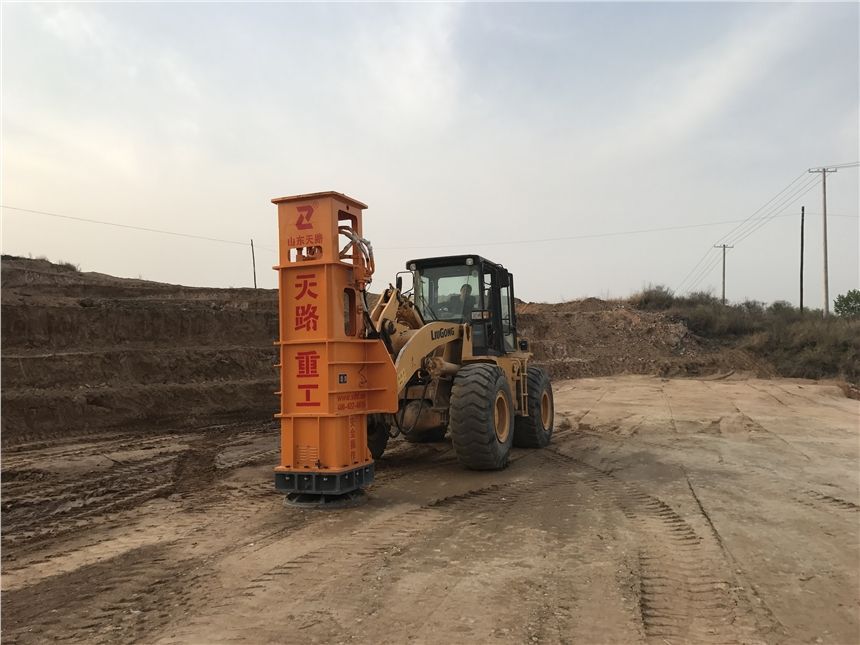
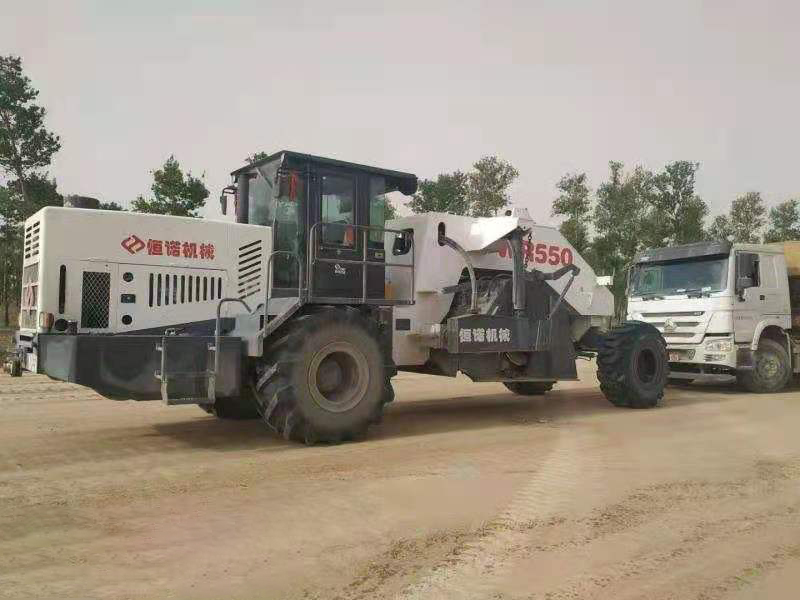
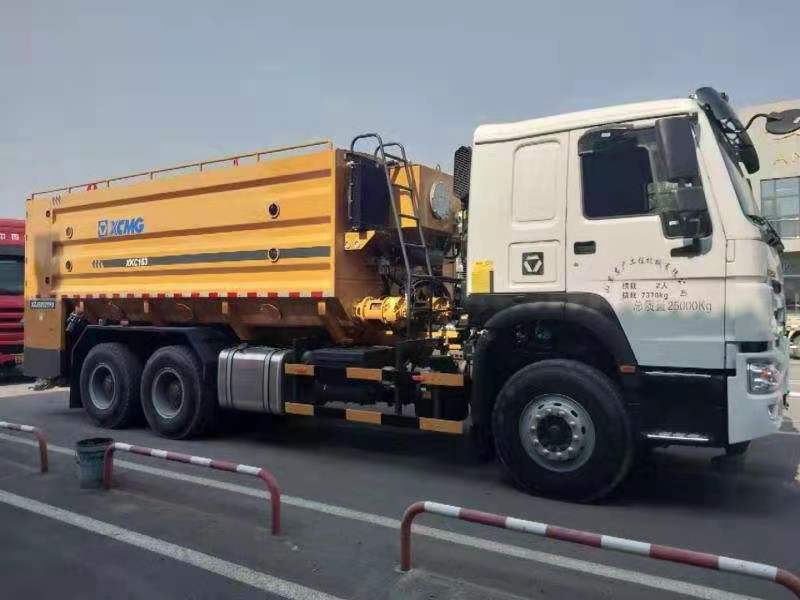
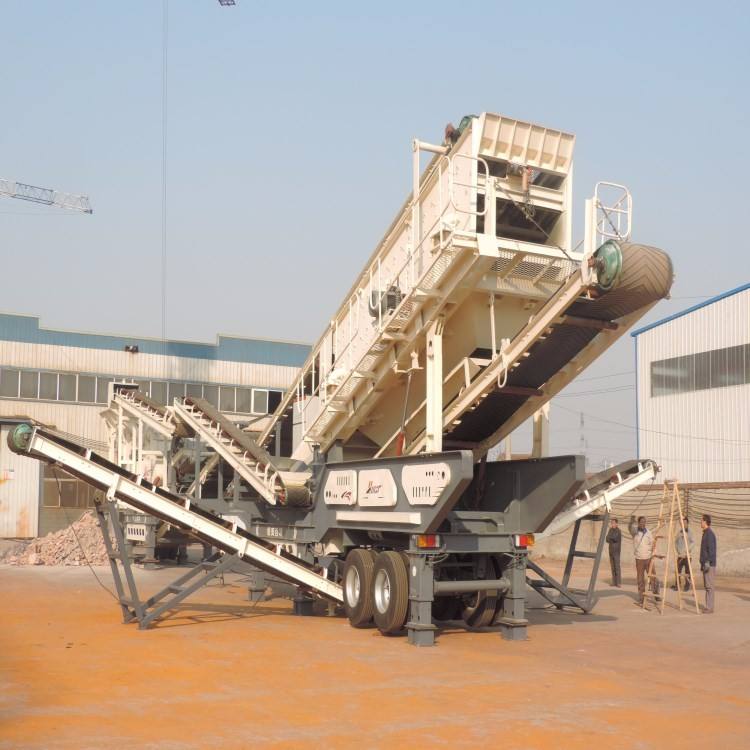
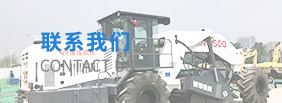
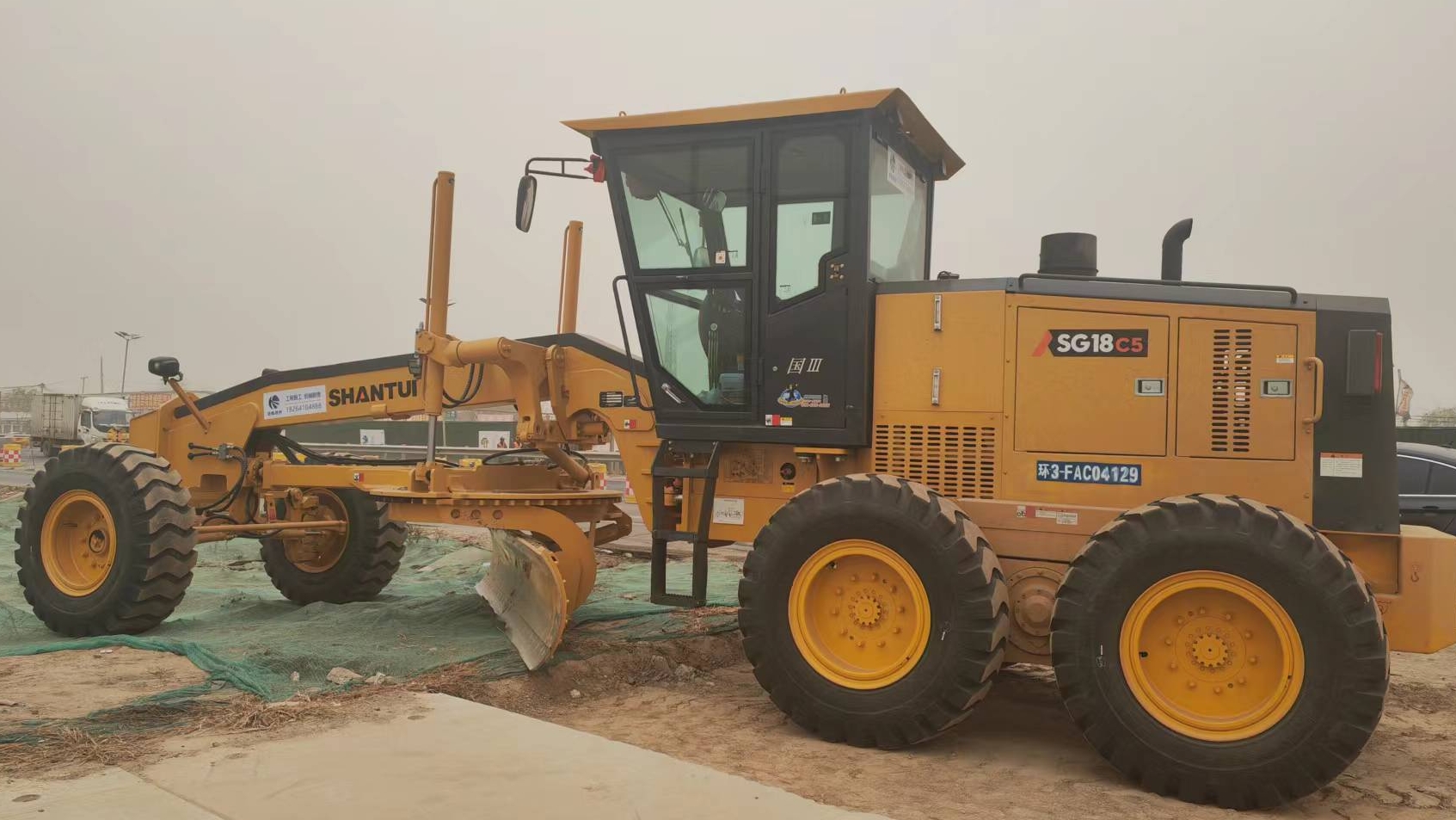
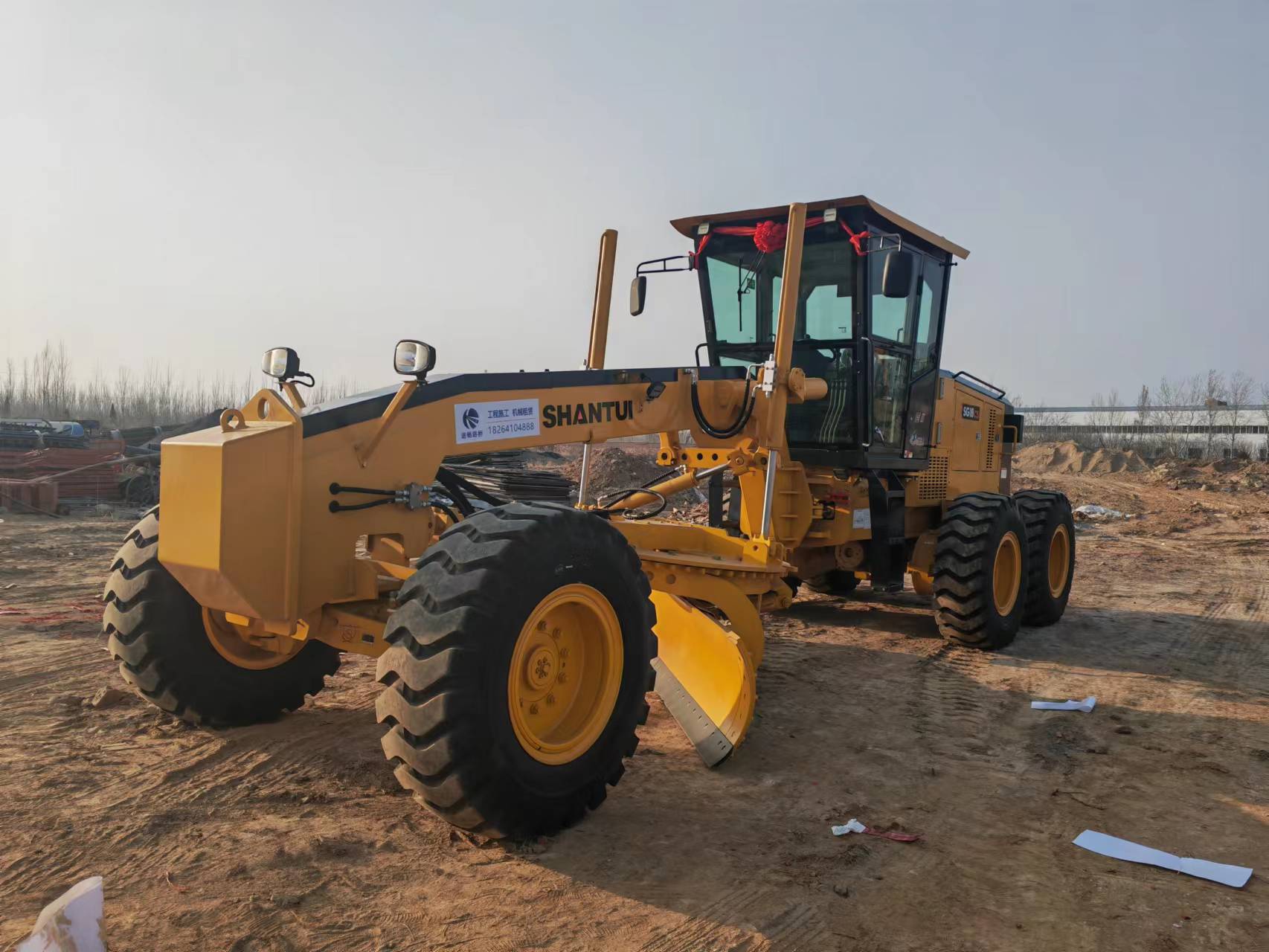
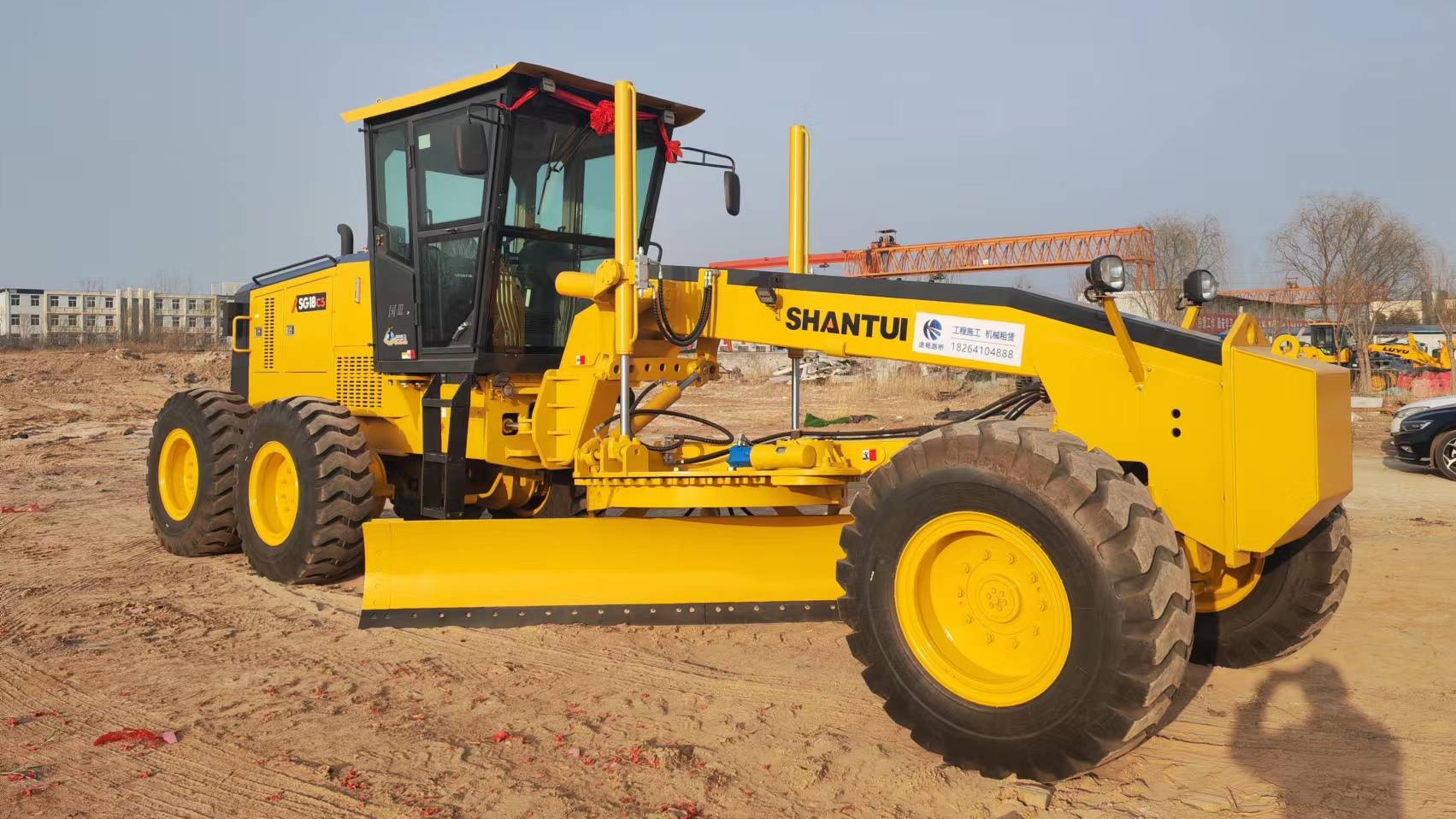
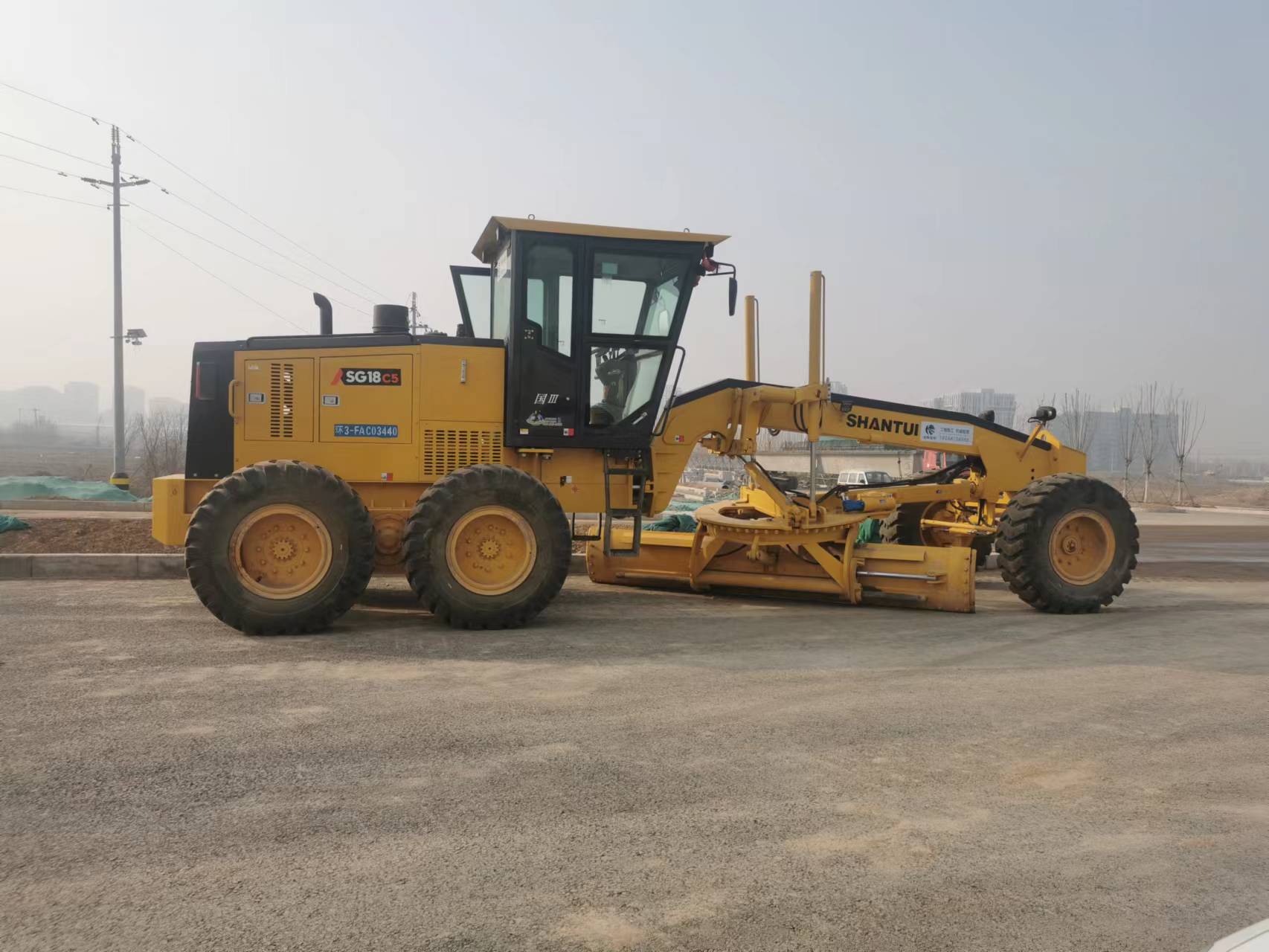
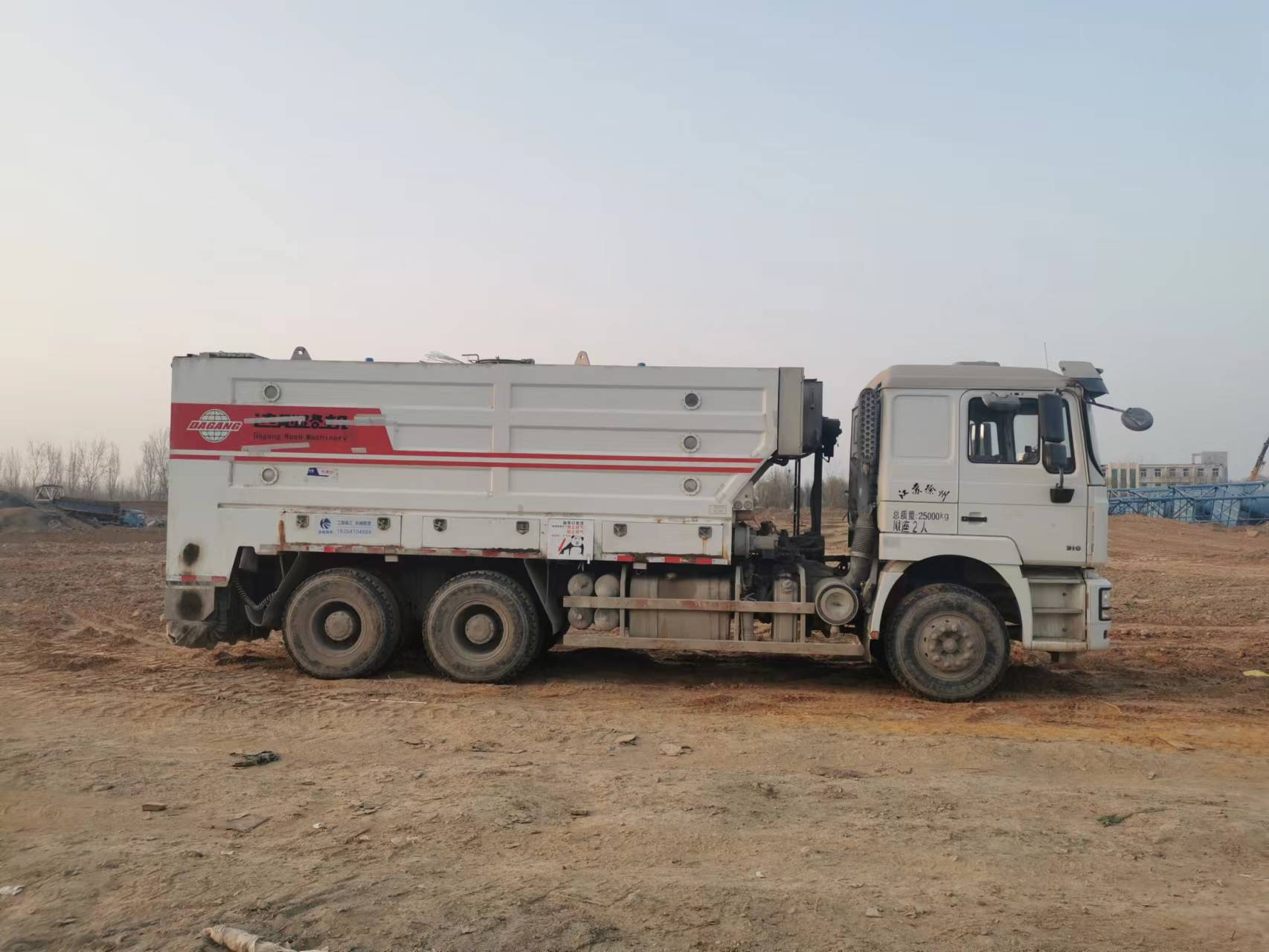
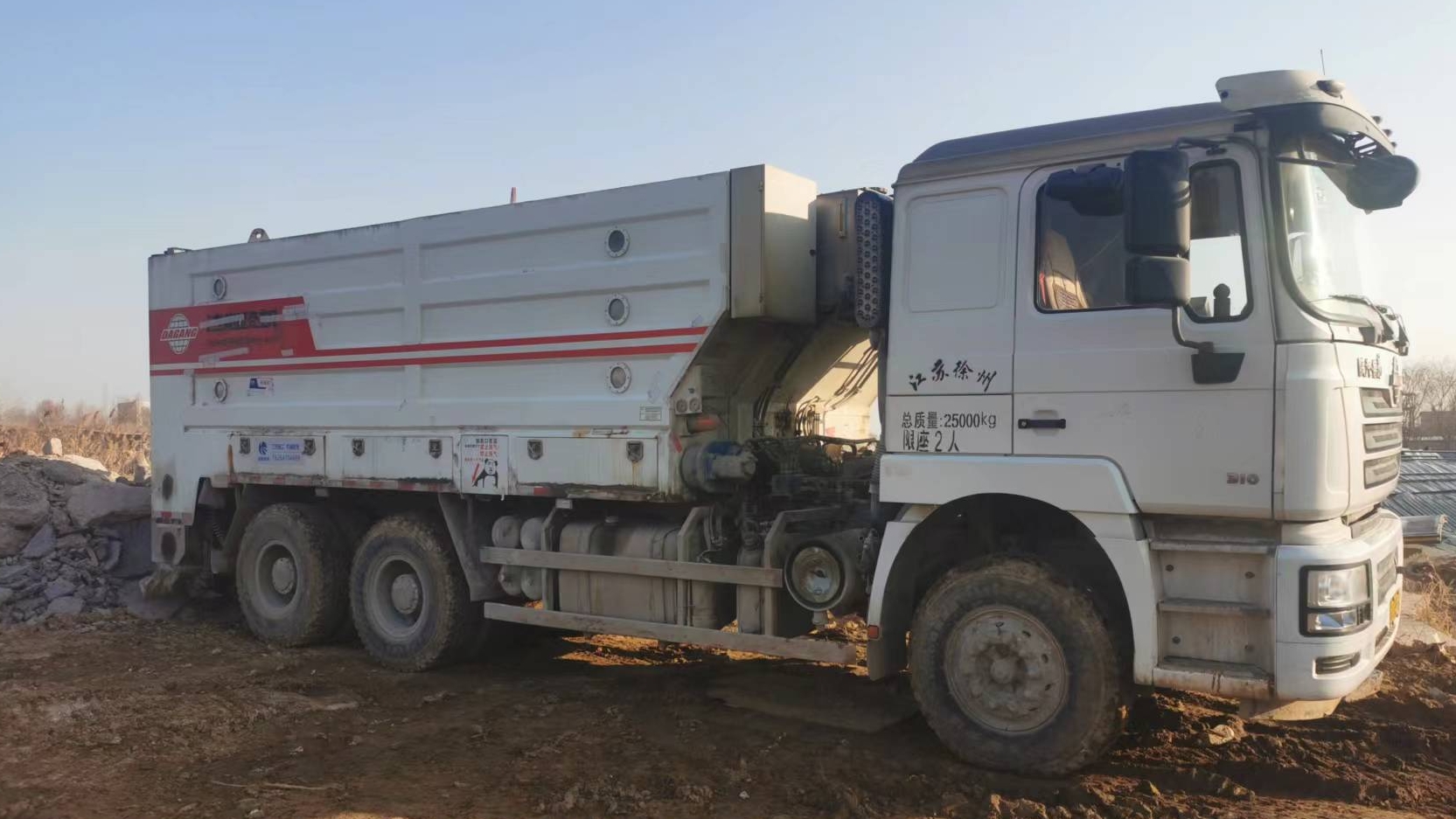
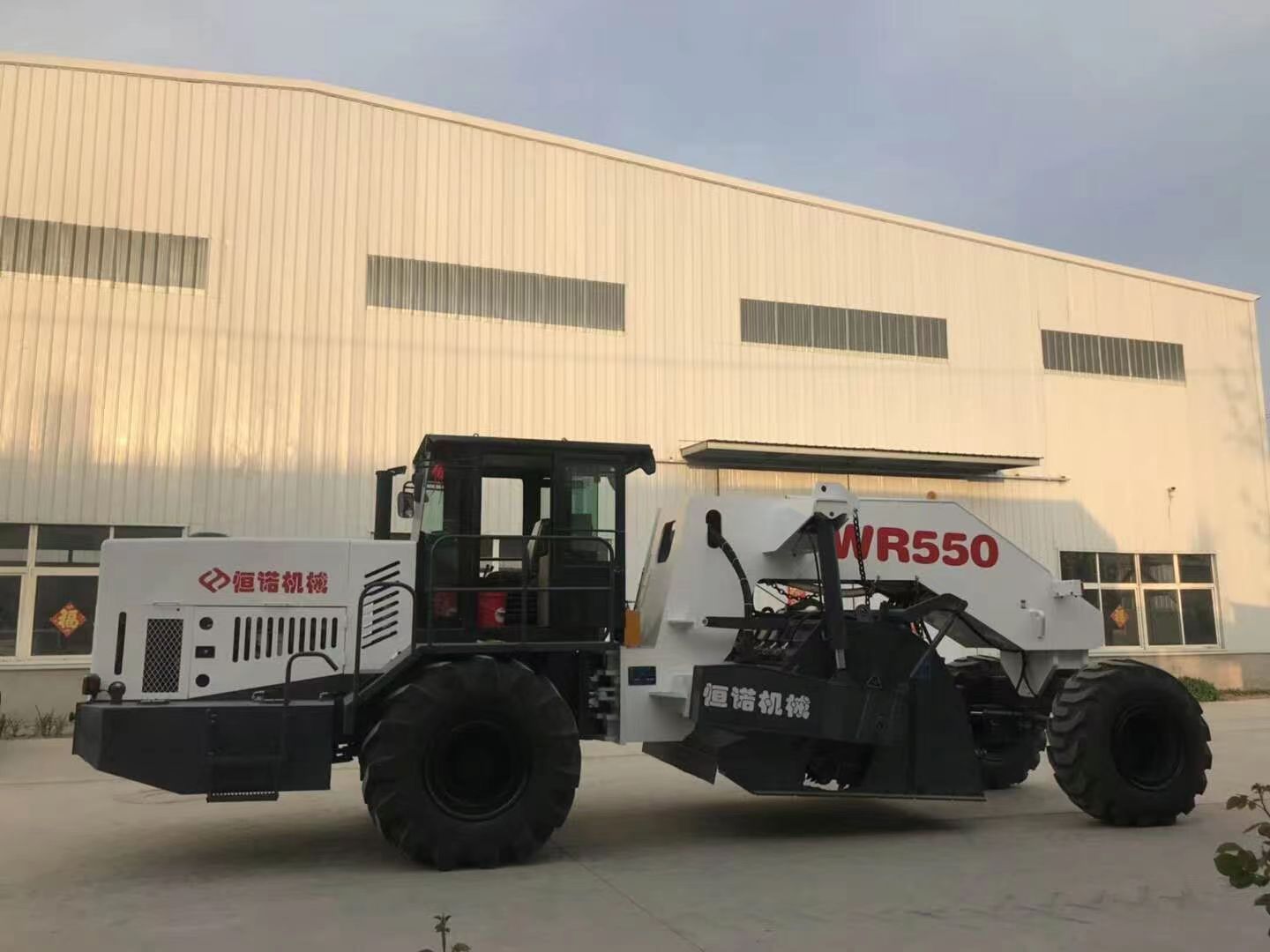
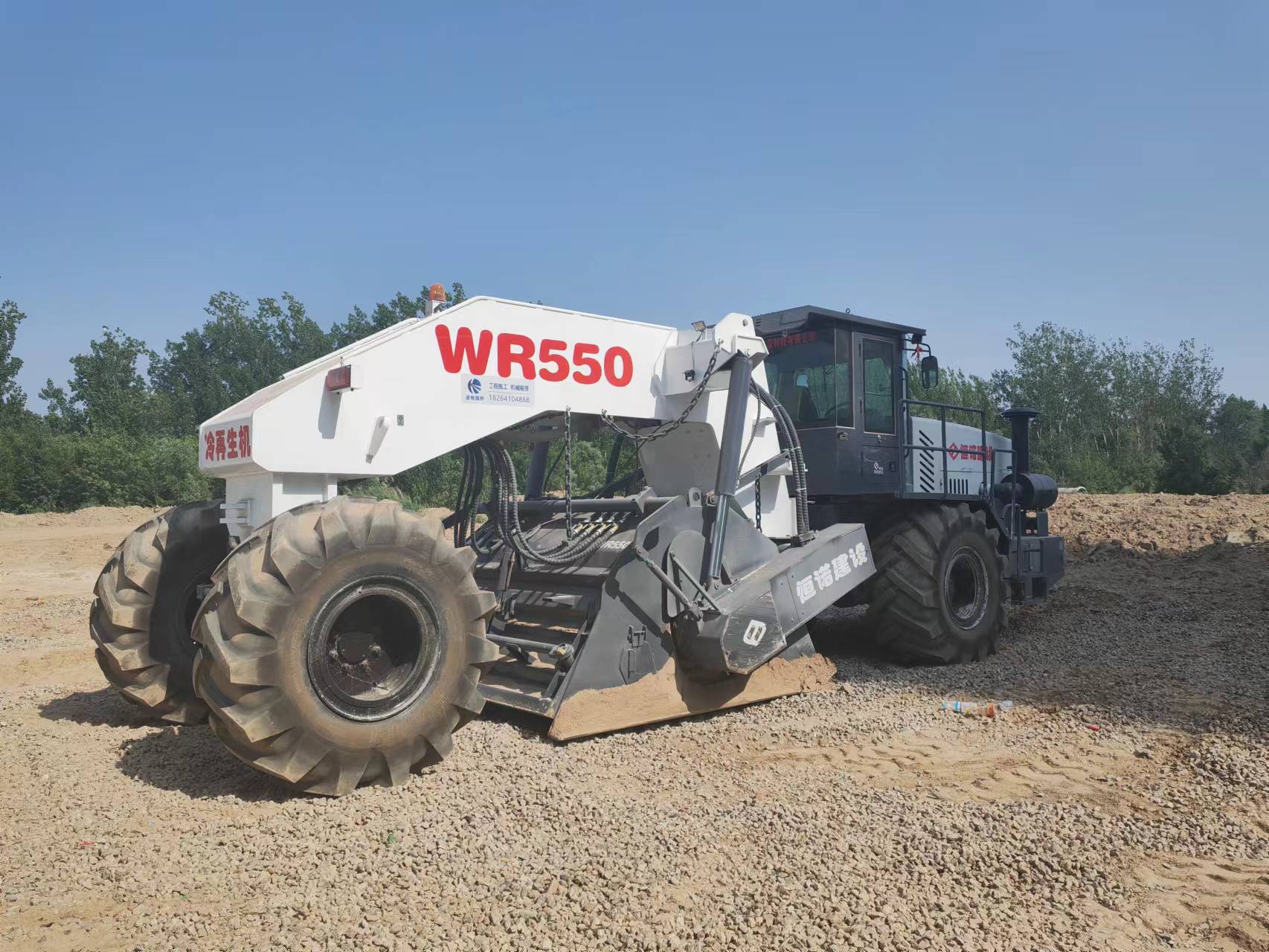
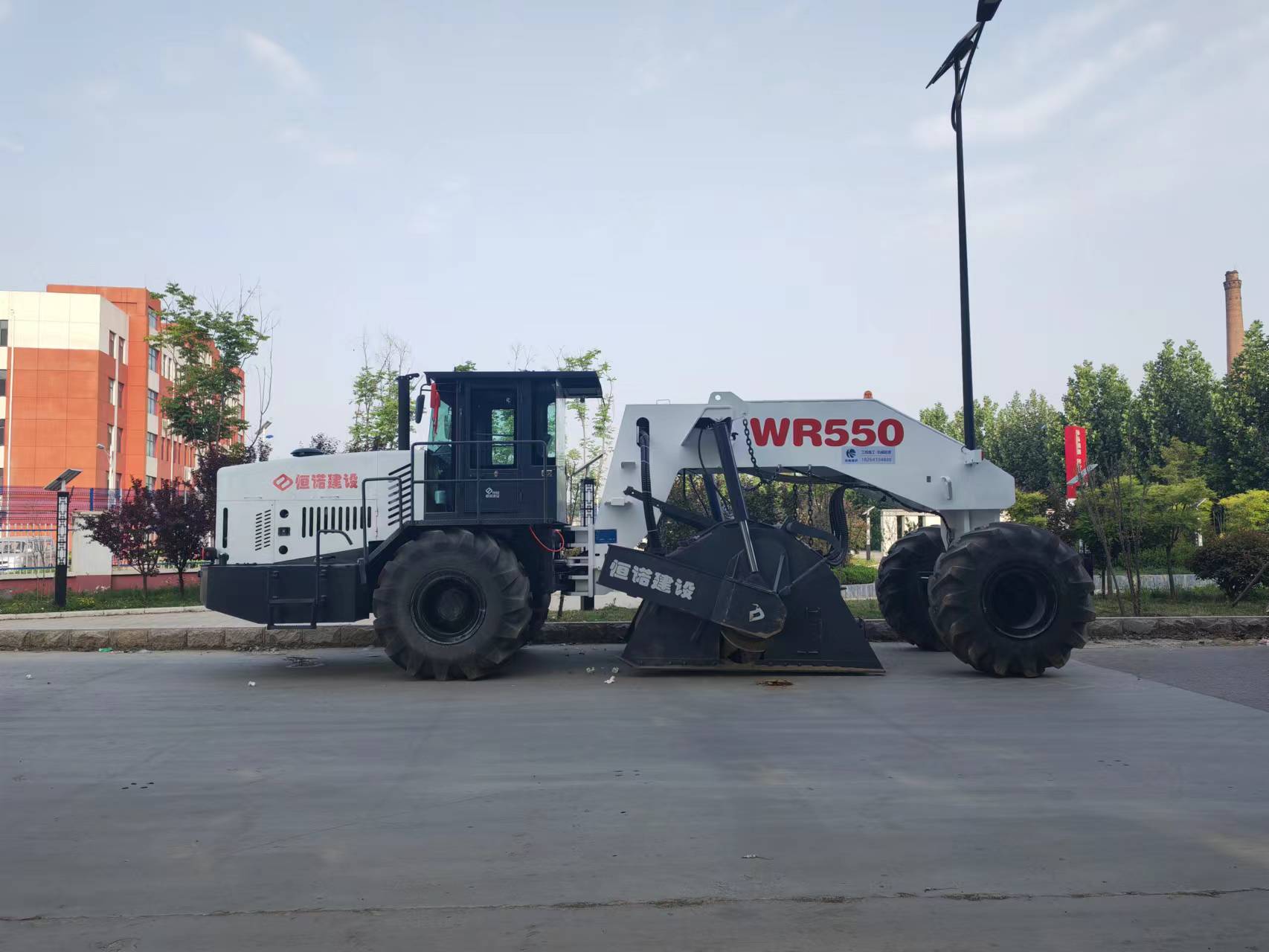
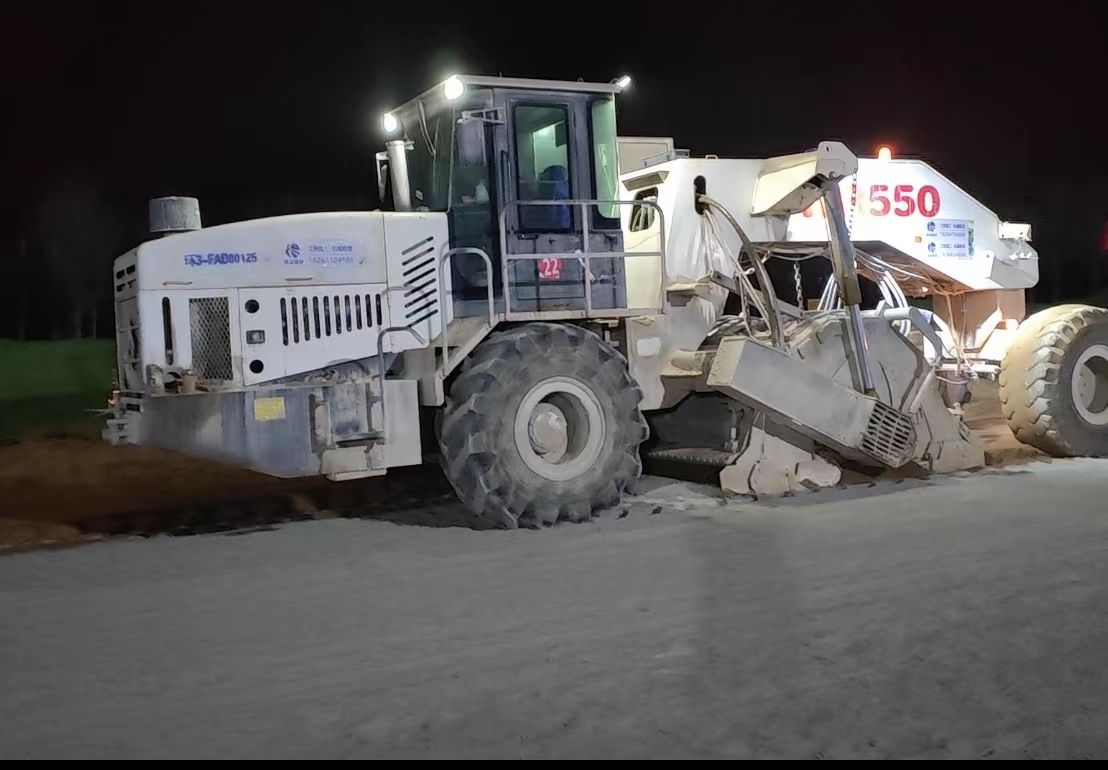
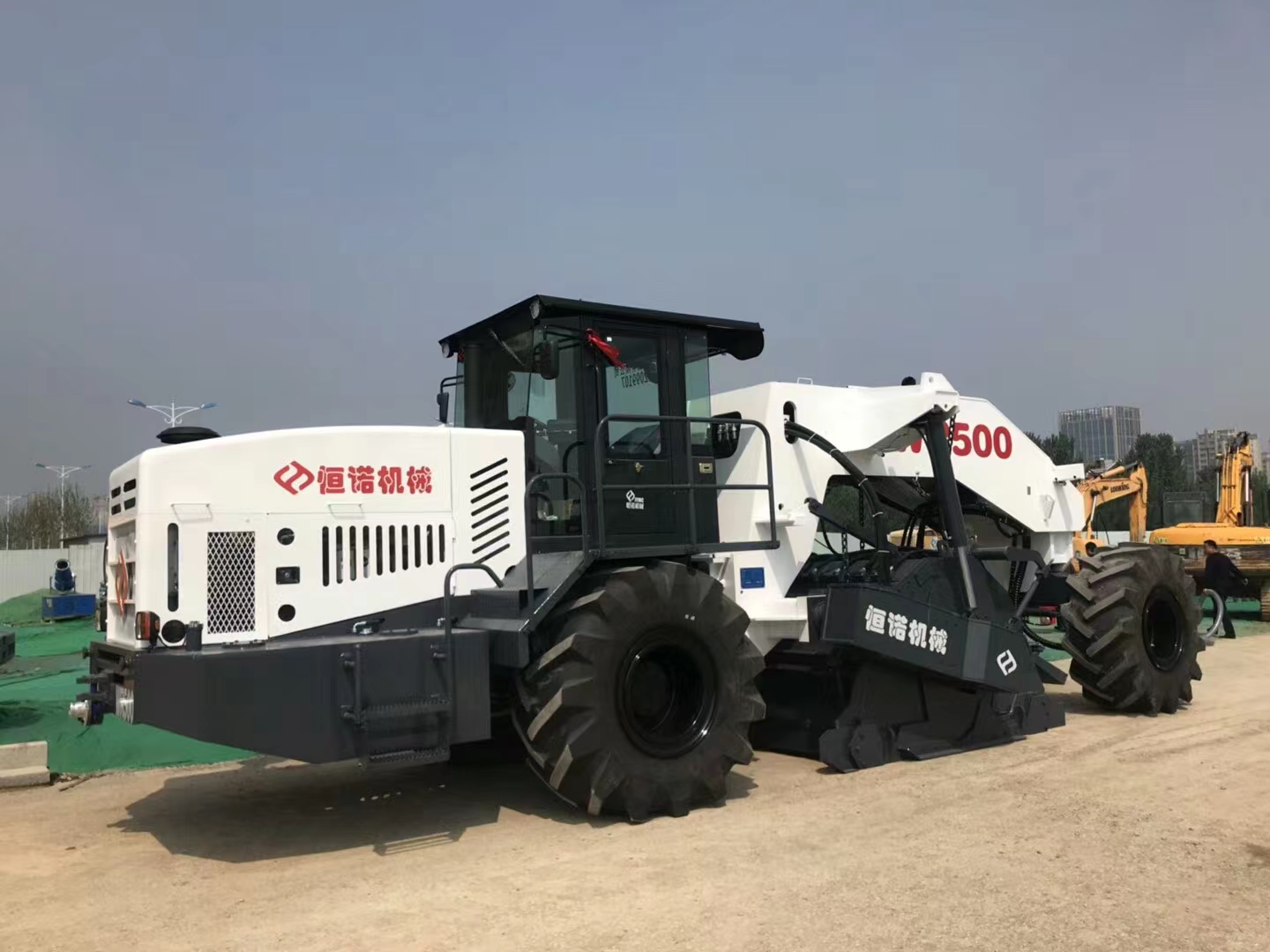
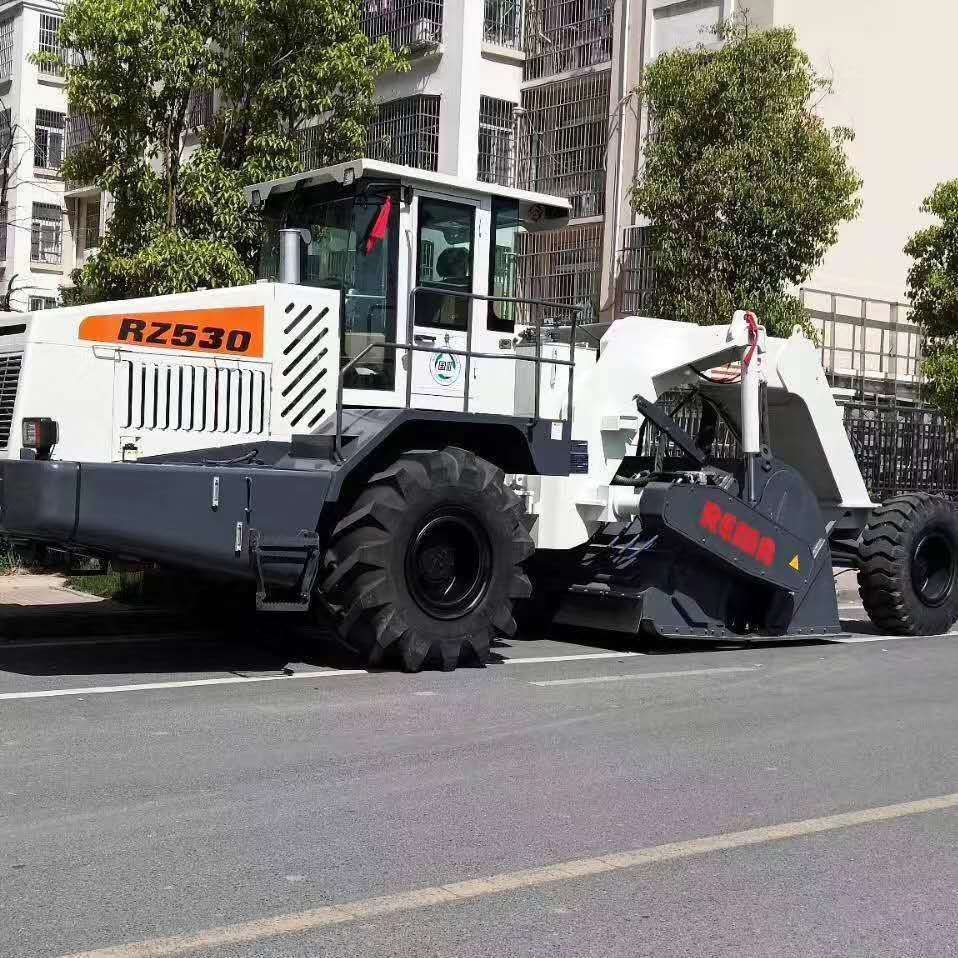
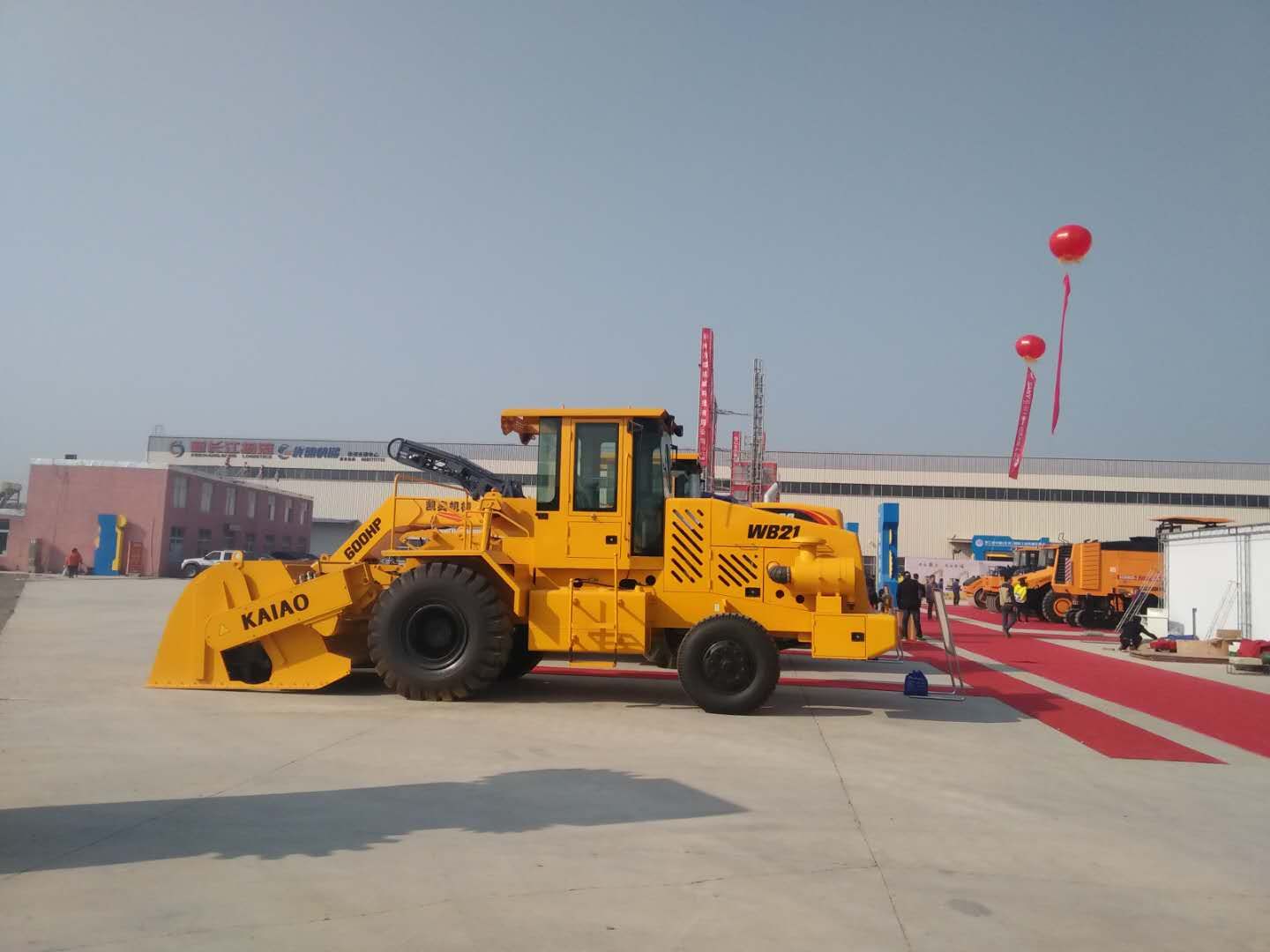
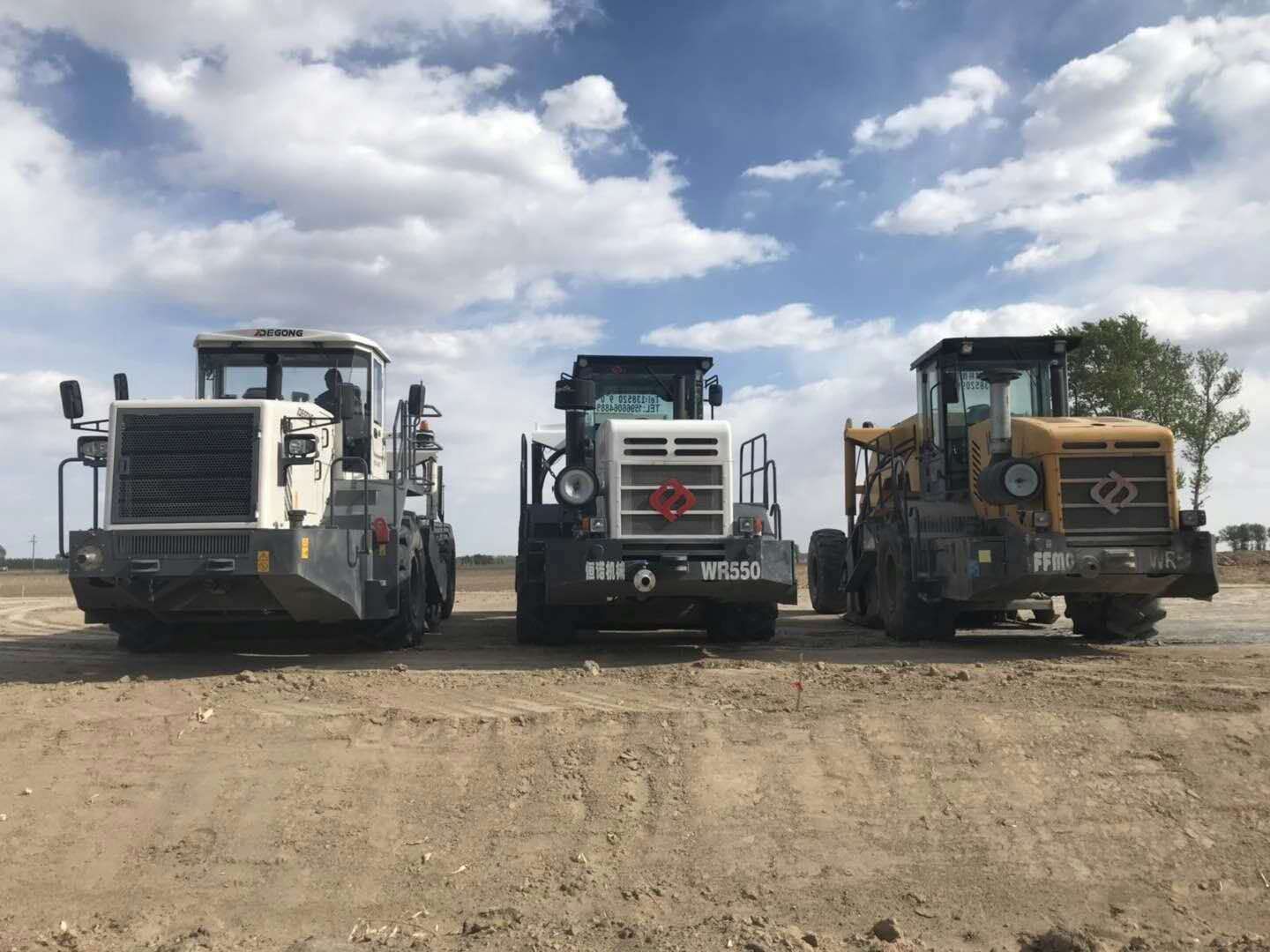
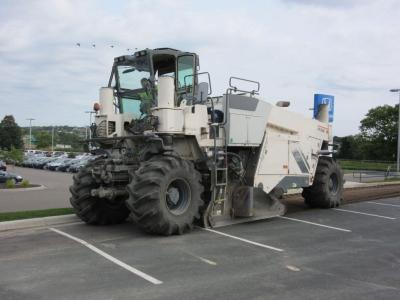
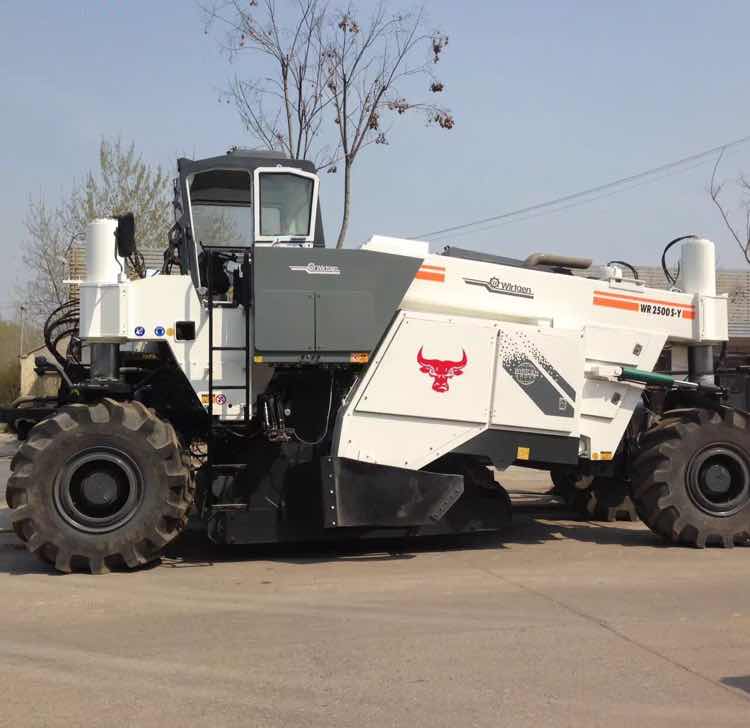
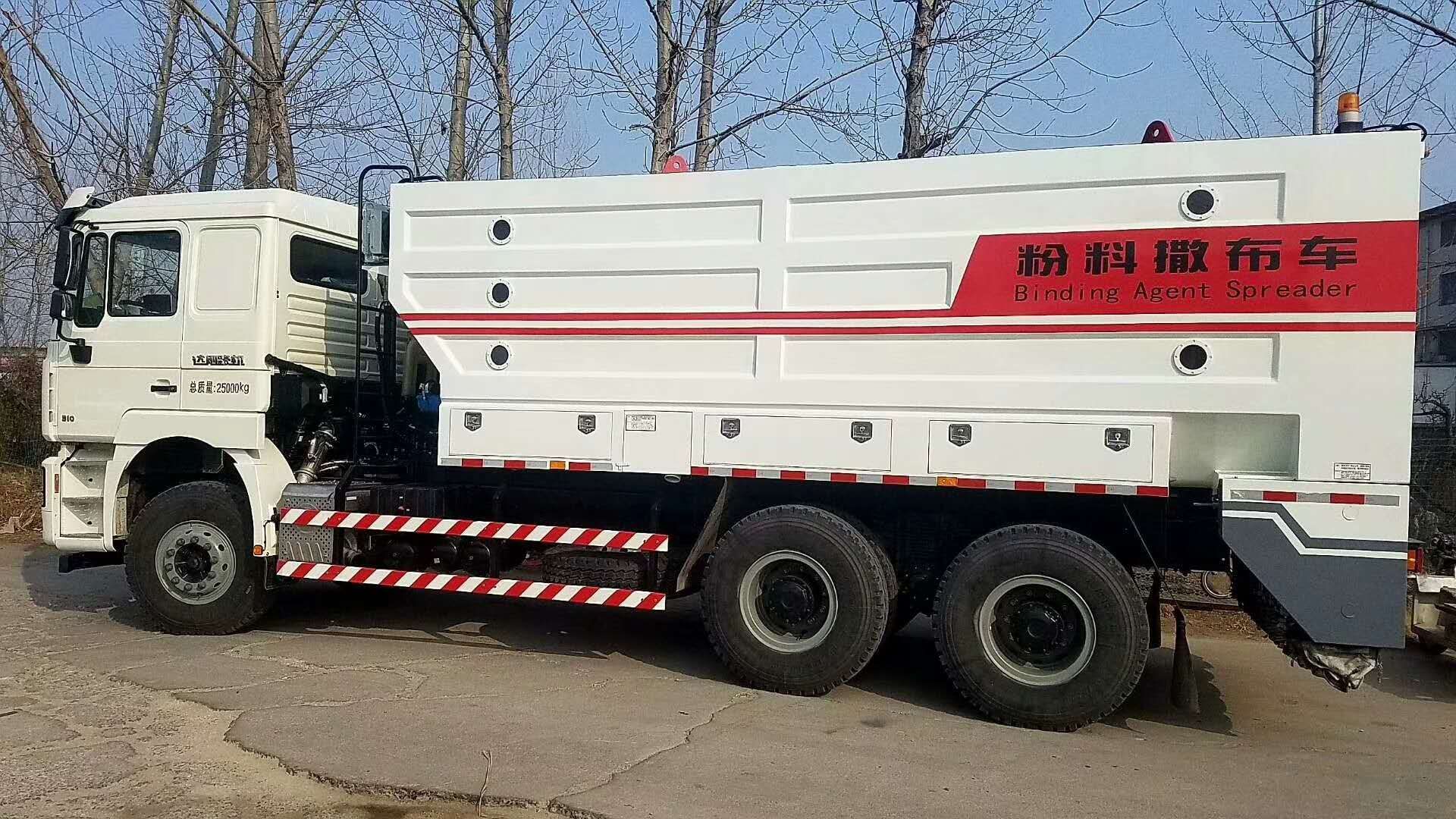
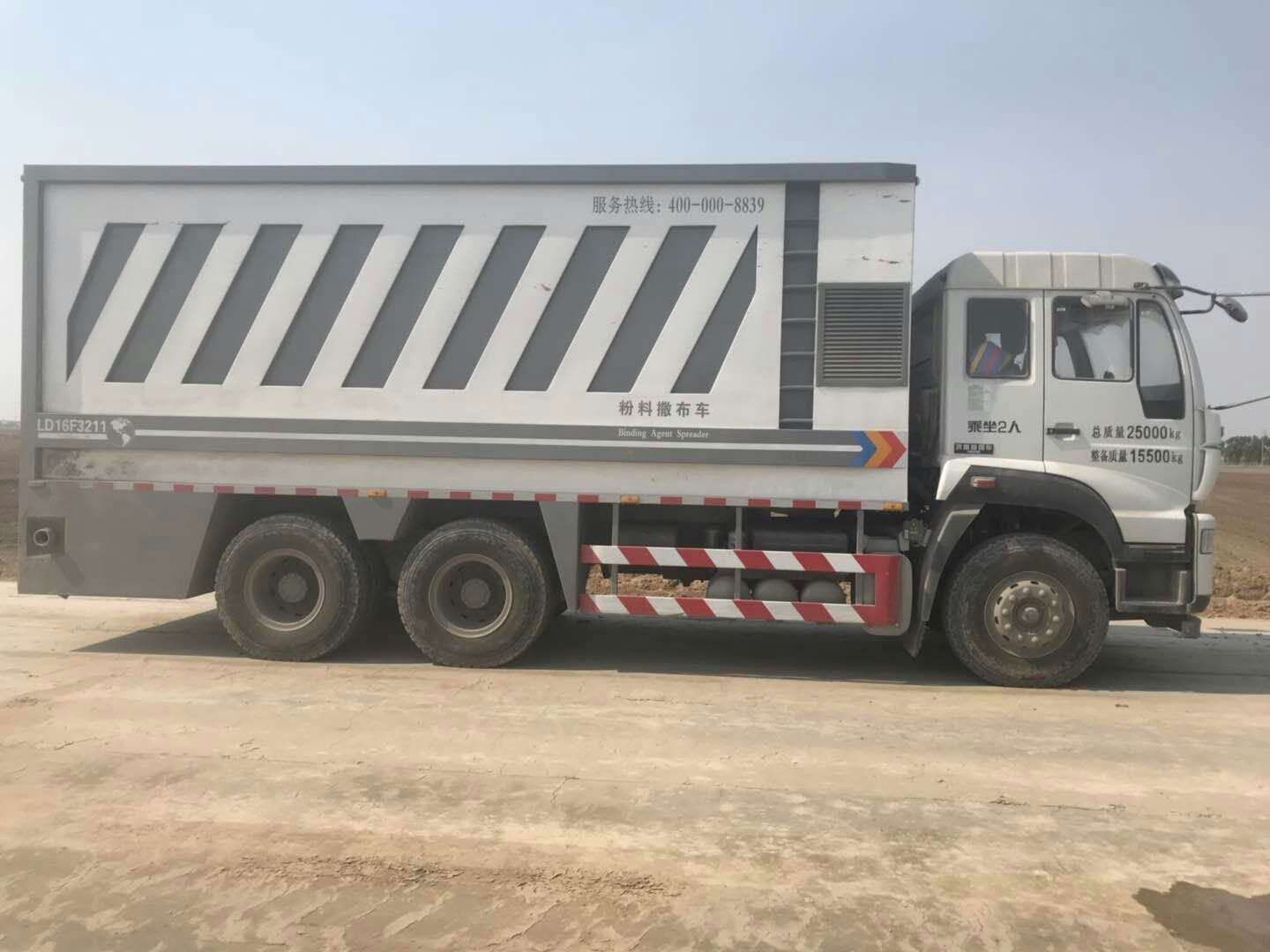
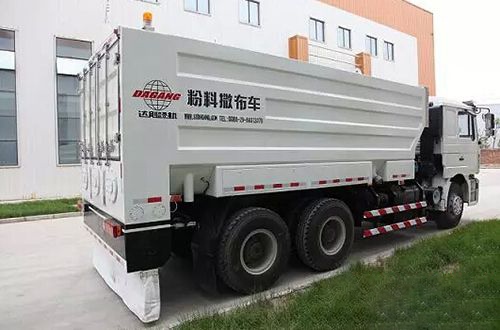
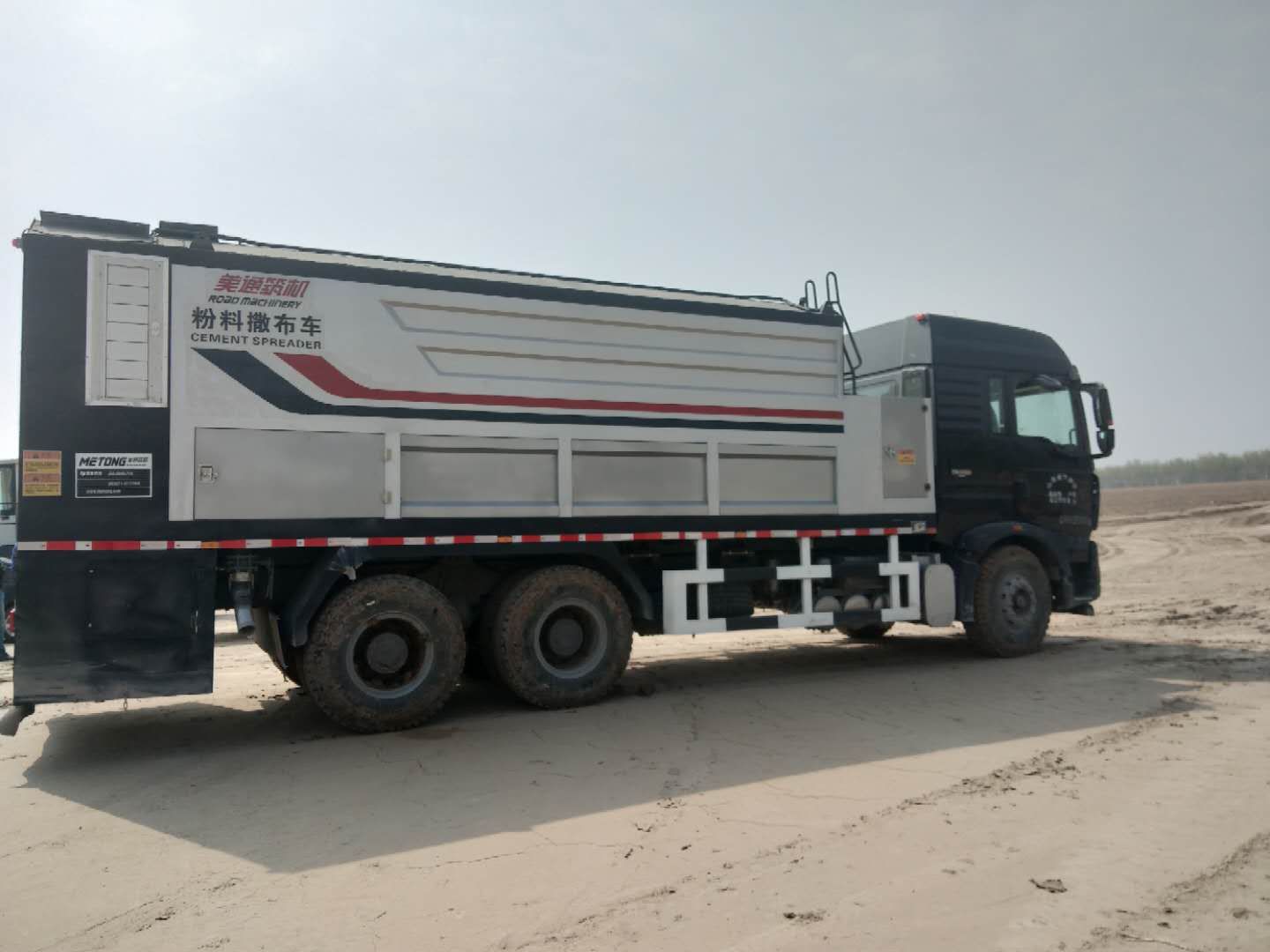
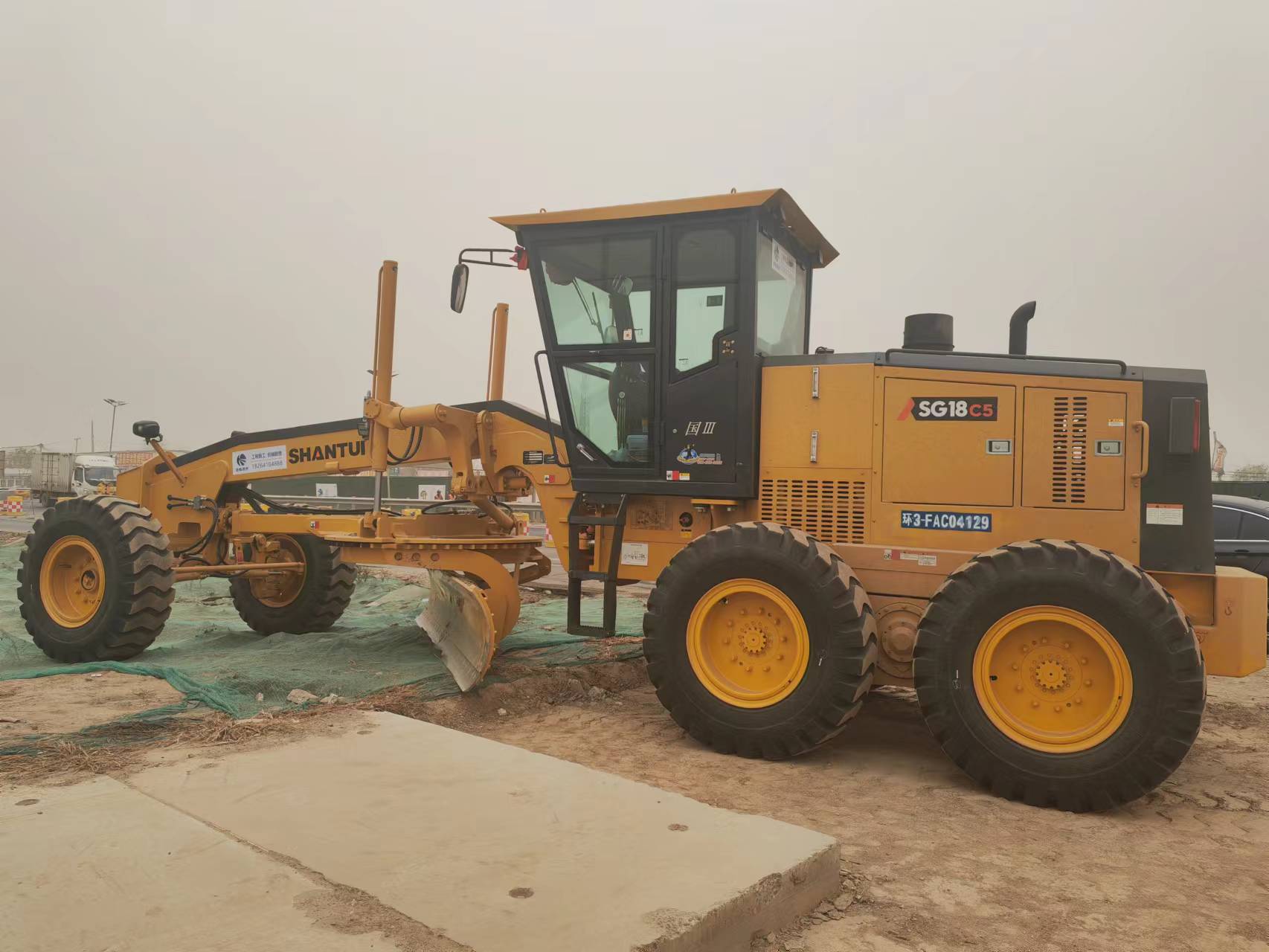
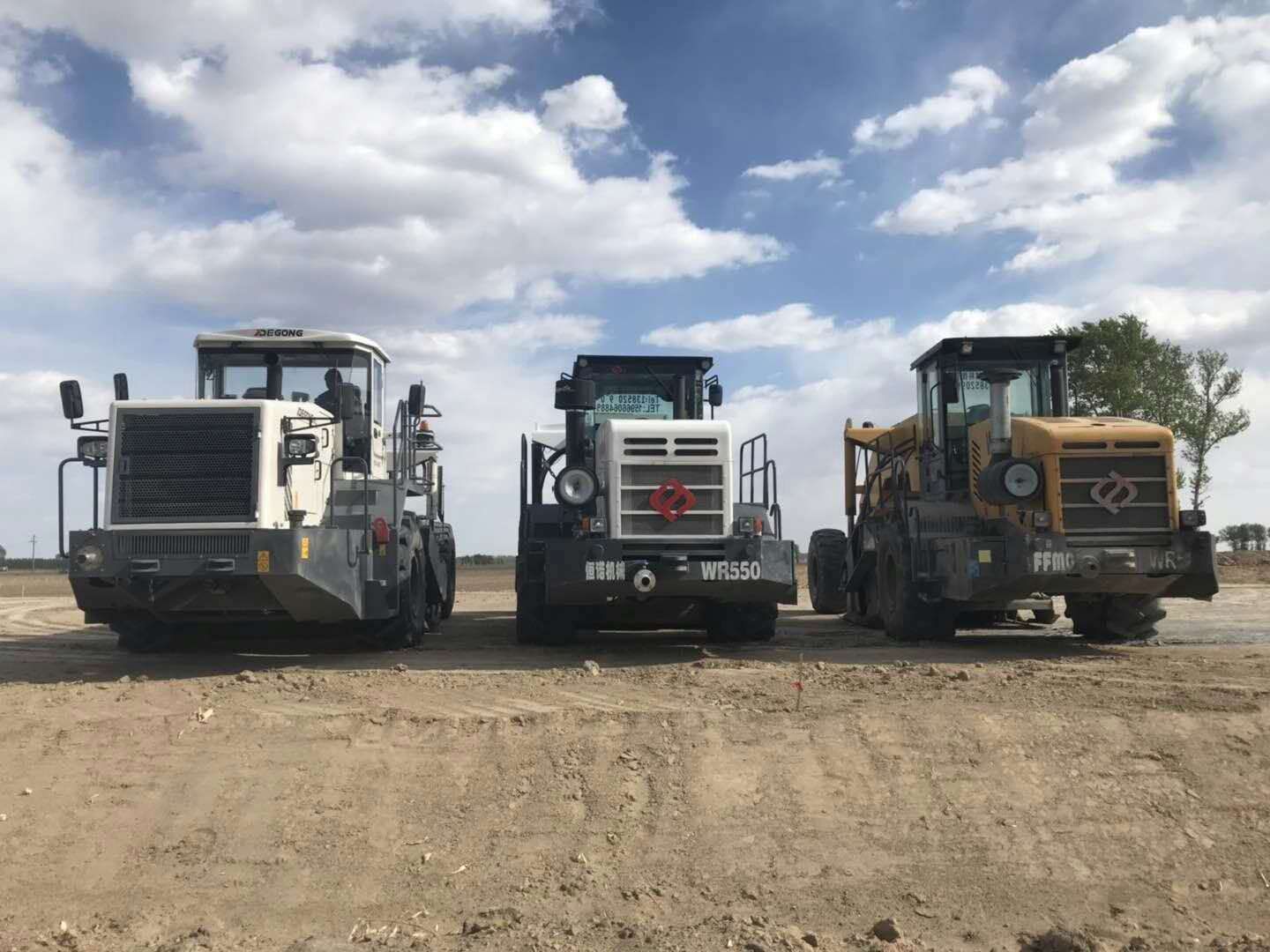
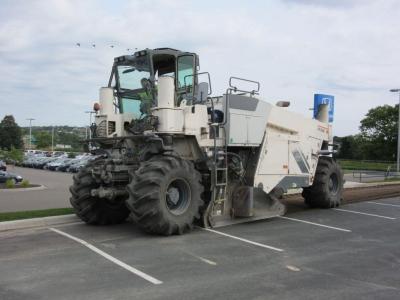




 公司地址:濟(jì)南市槐蔭區(qū)經(jīng)一路273號群盛華城2號樓1-404
公司地址:濟(jì)南市槐蔭區(qū)經(jīng)一路273號群盛華城2號樓1-404 公司名稱:山東途暢路橋工程有限公司
公司名稱:山東途暢路橋工程有限公司  備案號:
備案號: